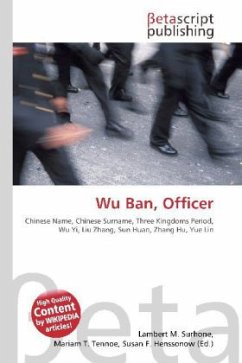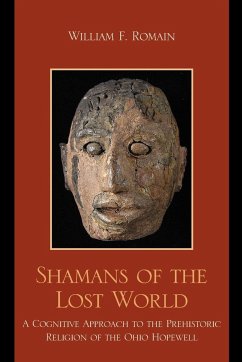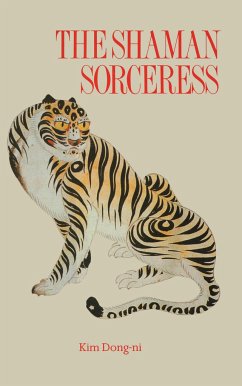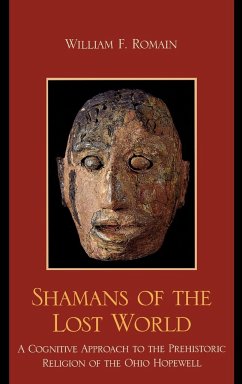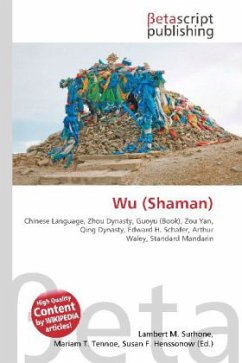
Wu (Shaman)
Versandkostenfrei!
Versandfertig in 6-10 Tagen
30,99 €
inkl. MwSt.

PAYBACK Punkte
15 °P sammeln!
Please note that the content of this book primarily consists of articles available from Wikipedia or other free sources online. Wu are spirit mediums who have practiced divination, prayer, sacrifice, rainmaking, and healing in Chinese traditions dating back over 3,000 years. Shaman is the common English translation of Chinese wu, but some scholars (de Groot 1910, Mair 1990:35) maintain that the Siberian shaman and Chinese wu were historically and culturally different shamanic traditions. Arthur Waley (1955:9) defines wu as "spirit-intermediary" and says, "Indeed the functions of the Chinese wu...
Please note that the content of this book primarily consists of articles available from Wikipedia or other free sources online. Wu are spirit mediums who have practiced divination, prayer, sacrifice, rainmaking, and healing in Chinese traditions dating back over 3,000 years. Shaman is the common English translation of Chinese wu, but some scholars (de Groot 1910, Mair 1990:35) maintain that the Siberian shaman and Chinese wu were historically and culturally different shamanic traditions. Arthur Waley (1955:9) defines wu as "spirit-intermediary" and says, "Indeed the functions of the Chinese wu were so like those of Siberian and Tunguz shamans that it is convenient (as has indeed been done by Far Eastern and European writers) to use shaman as a translation of wu. In contrast, Schiffeler (1976:20) describes the "untranslatableness" of wu, and prefers using the romanization "wu instead of its contemporary English counterparts, "witches," "warlocks," or "shamans"," which have misleading connotations. Taking wu to mean "female shaman", Edward H. Schafer translates it as (1951:153) "shamaness" and (1980:11) "shamanka".





